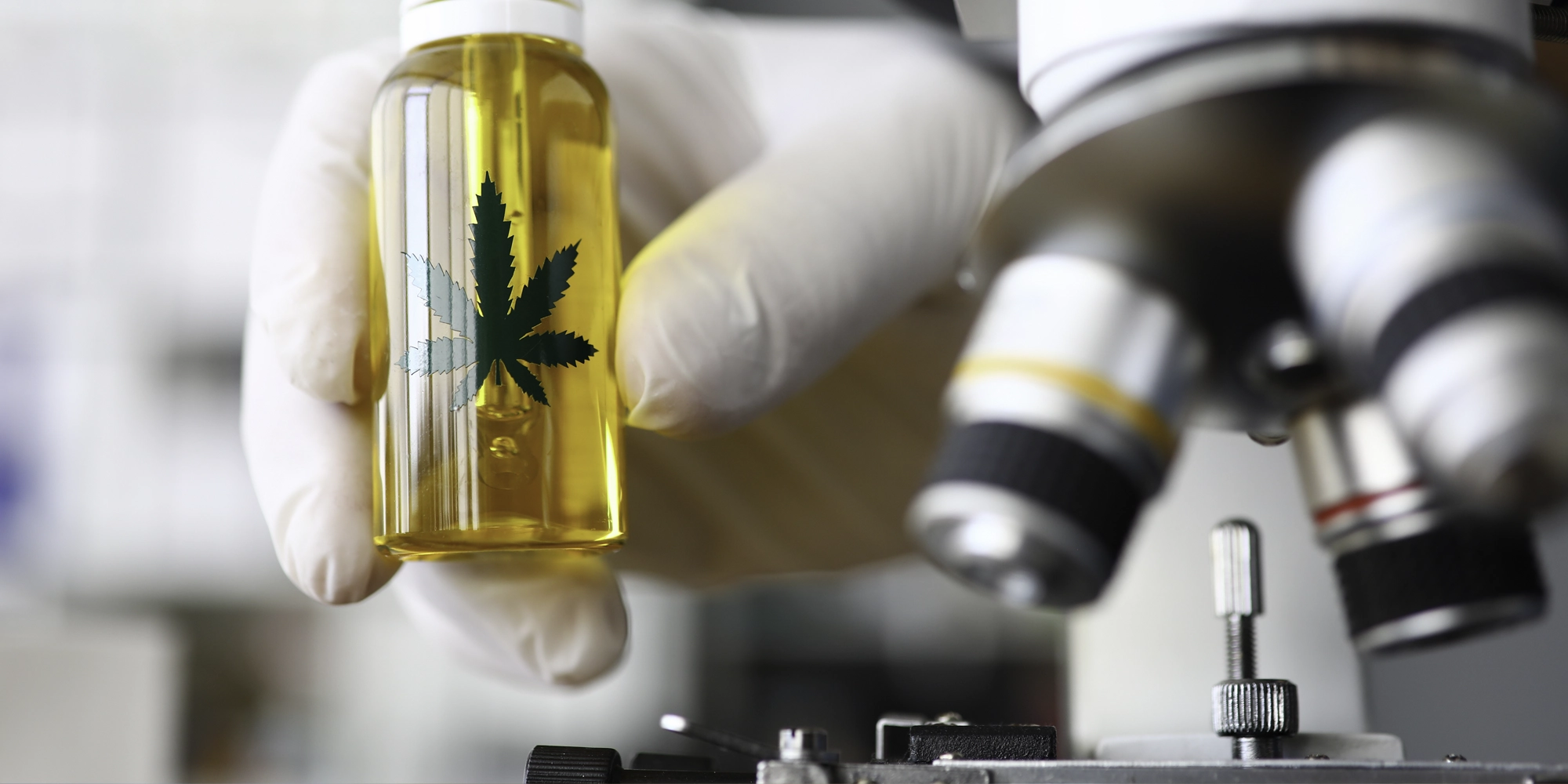Part One: Sources of Cannabis and Cannabis-Derived Compounds
Alison Wakeford, PhD (Nonclinical Scientist I), Laura L. Erwin, PhD, and Marcus S. Delatte, PhD (VP, Regulatory Strategy)
FDA Issues Final Clinical Research Guidance on Cannabis
The Food and Drug Administration (FDA) issued a final guidance on 24 January 2023 that provides the agency’s current thinking on topics relevant to clinical research related to the development of drugs containing cannabis and cannabis-derived compounds. This guidance is intended for products that meet the legal definition of a drug under the FD&C Act and does not address the development of fully synthetic versions of substances that occur in cannabis. This guidance is limited to the development of drugs for human use.
Background on the Guidance
With the passing of the 2018 Farm Bill, the definition of hemp was altered to now include cannabis and derivatives or extracts of cannabis with no more than 0.3 percent by dry weight of the compound delta-9-tetrahydrocannabinol (THC). Additionally, the bill also removes hemp from the definition of marijuana provided in section 102 of the Controlled Substances Act (CSA), meaning that hemp is no longer a controlled substance under federal law. However, at this time, botanical raw materials, extracts, and derivatives that contain cannabis or cannabis-derived compounds with delta-9-THC content above 0.3% by dry weight still remain as a Schedule I controlled substance under the CSA.
What You Need to Know
The change in hemp’s definition means there are now changes to how sponsors can obtain sources of cannabis or cannabis-derived compounds (below and above 0.3% delta-9-THC content) for drug development. The final FDA Clinical Research Guidance on Cannabis clarifies the following:
-
- Sponsors can still use the National Institute on Drug Abuse (NIDA) Drug Supply Program at the University of Mississippi, which is a domestic federally legal source for cannabis and cannabis-derived compounds that contain more than 0.3% of delta-9-THC.
-
- Hemp, as defined by the 2018 Farm Bill, can now serve as a source of cannabis and cannabis-derived compounds for drug development.
-
- Sources with not more than 0.3% delta-9-THC on a dry weight basis and those over 0.3% can be used for clinical research if deemed to be of adequate quality by the FDA when reviewed as part of an IND.
- Sponsors can now use other sources authorized by the DEA to provide Schedule I cannabis materials.
Allucent’s Experts Maintain Comprehensive and Robust Expertise in Cannabis-Related Products
-
- Cannabinoid SMEs: In house-staff that includes a former FDA regulator with over 15 years of experience assessing and managing risks related to cannabis and its chemical constituents, nonclinical experts with over a decade of experience designing and implementing studies utilizing cannabis and cannabis-derived compounds, and clinical strategy expertise related to designing clinical studies evaluating these drugs.
- Published Track Record: Over fourteen publications with cannabis and cannabis-related products, including experiments designed for abuse liability testing.
- Cannabinoid SMEs: In house-staff that includes a former FDA regulator with over 15 years of experience assessing and managing risks related to cannabis and its chemical constituents, nonclinical experts with over a decade of experience designing and implementing studies utilizing cannabis and cannabis-derived compounds, and clinical strategy expertise related to designing clinical studies evaluating these drugs.
-
-
- International Presence: Delivered multiple talks on cannabis-related products at international conferences and the FDA.
-
Read about managing CNS toxicities when developing neurotherapeutics in a recent blog by Dr. Delatte, Dr. Wakeford and others: “Balancing Act in Preclinical Development: Strategies for Assessing and Managing Neurotoxic Risks in CNS Therapeutics”
For more information about the specifics of FDA recommendations for sponsors interested in developing cannabis and cannabis-derived compounds for use in clinical research, Allucent’s regulatory team is here to offer guidance and solutions.
